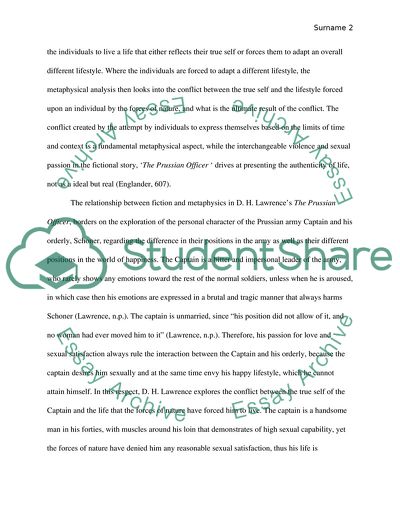Cite this document
(“D. H. Lawrence, Selected Stories Coursework Example | Topics and Well Written Essays - 4500 words”, n.d.)
D. H. Lawrence, Selected Stories Coursework Example | Topics and Well Written Essays - 4500 words. Retrieved from https://studentshare.org/literature/1664242-d-h-lawrence-selected-stories
D. H. Lawrence, Selected Stories Coursework Example | Topics and Well Written Essays - 4500 words. Retrieved from https://studentshare.org/literature/1664242-d-h-lawrence-selected-stories
(D. H. Lawrence, Selected Stories Coursework Example | Topics and Well Written Essays - 4500 Words)
D. H. Lawrence, Selected Stories Coursework Example | Topics and Well Written Essays - 4500 Words. https://studentshare.org/literature/1664242-d-h-lawrence-selected-stories.
D. H. Lawrence, Selected Stories Coursework Example | Topics and Well Written Essays - 4500 Words. https://studentshare.org/literature/1664242-d-h-lawrence-selected-stories.
“D. H. Lawrence, Selected Stories Coursework Example | Topics and Well Written Essays - 4500 Words”, n.d. https://studentshare.org/literature/1664242-d-h-lawrence-selected-stories.


